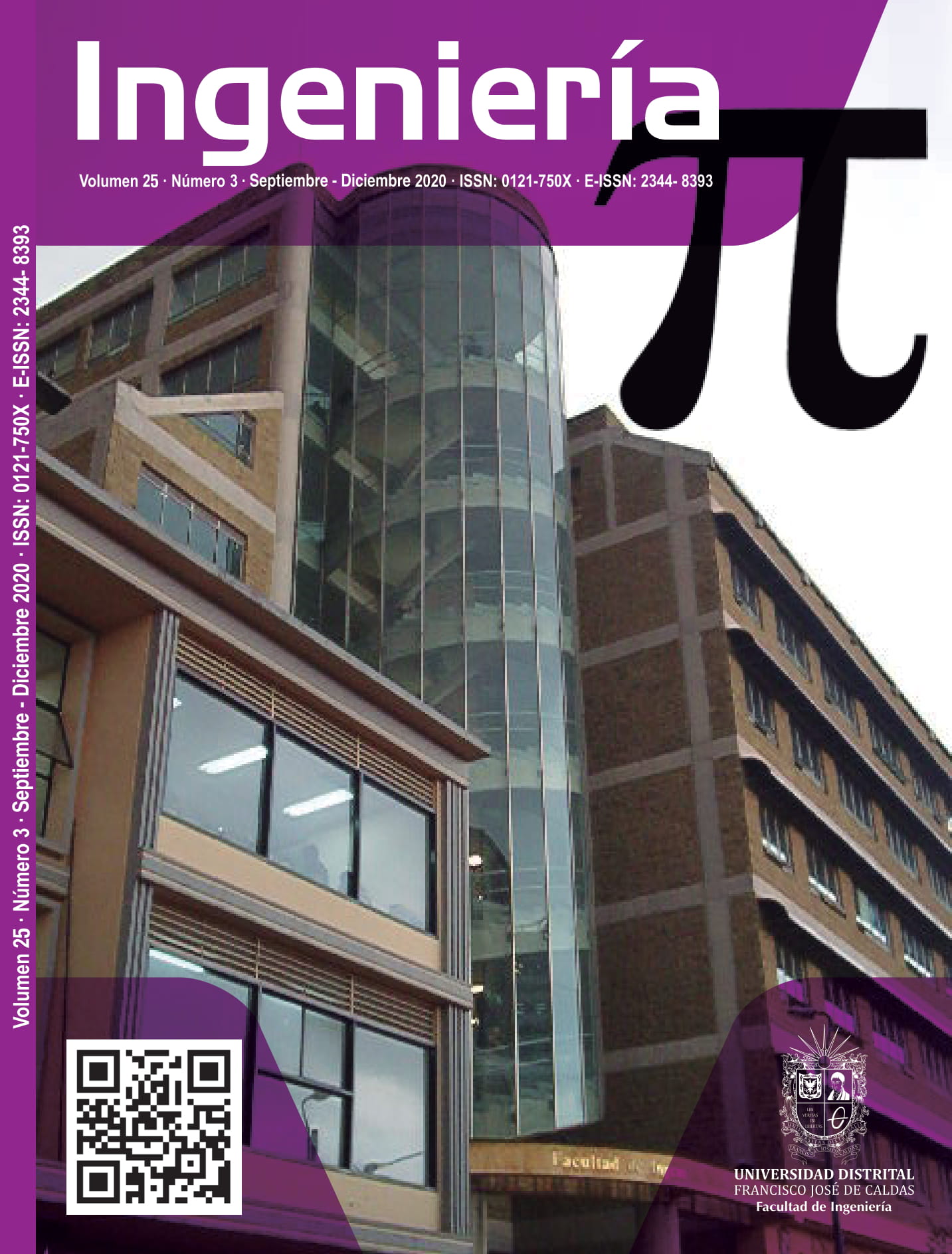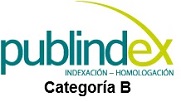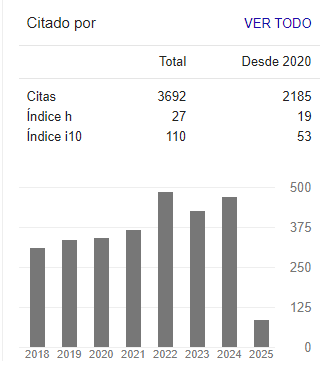DOI:
https://doi.org/10.14483/23448393.17205Published:
2021-03-11Issue:
Vol. 25 No. 3 (2020): September - DecemberSection:
EditorialApplied Engineering in Times of Crisis: Building a Better World
Ingeniería Aplicada en Tiempos de Crisis: Construyendo un mundo mejor
Downloads
How to Cite
APA
ACM
ACS
ABNT
Chicago
Harvard
IEEE
MLA
Turabian
Vancouver
Download Citation
Humanity has faced several global shocking events from time to time: Roman empire’s expansion, Genghis Khan empire, Ancient Greek empire, the French revolution, the black plague, America’s invasion, WWI/WWII, the Spanish flu etc., and now the COVID-19 pandemic. Every event has come with their own characteristics and significantly changed the world where some positive/negative effects forced humanity to learn or create knowledge to modify the way we do things. As always, normal people do not believe they should face one of those events in their lives due to different reasons: it looks much more a historical book’s stuff, they think modern world is ready to handle those events, or they simply rely too much on their governments to solve/handle big issues.
COVID-19 pandemic taught us that even the smallest virus can push humanity to a breakdown, it also remembers us that nature is smarter than all scientists and human resources together and there’s no strong enough government able to guarantee population’s safety not only in health terms but food, energy, economic stability and social order. This way, there’s no other way than be flexible and work altogether as human race to face those events using multidisciplinary knowledge and sharing resources where engineering as a discipline is a key tool to advance as a society.
Engineering as a whole is defined as the point where pure and social sciences converge to the development of society in different ways, to build a better world and to plan a brighter future. Engineering needs pure math, physics, chemistry as a base to build everything over steel, but it also needs to be based on arts and social concepts to be valuable for a society. COVID-19 has dramatically impacted global economy and operations at a high cost and it’s time to re define our economic agenda and priorities, so engineering is a key discipline that will create the path to a new world, a better one we hope.
This issue includes important contributions in several engineering fields including environmental engineering, mechanical engineering, and electrical and electronics engineering. Also, the readers can find a selection of papers presented at the Workshop of Engineering Applications co- sponsored by the Facultad de Ingeniería of Universidad Distrital in order to promote spaces for the dissemination of works at different fields of engineering.
License
Copyright (c) 2021 Juan Carlos Figueroa-Garc´ıa, Julio Bar´on Velandia; Nelson Leonardo Diaz

This work is licensed under a Creative Commons Attribution-NonCommercial-ShareAlike 4.0 International License.
From the edition of the V23N3 of year 2018 forward, the Creative Commons License "Attribution-Non-Commercial - No Derivative Works " is changed to the following:
Attribution - Non-Commercial - Share the same: this license allows others to distribute, remix, retouch, and create from your work in a non-commercial way, as long as they give you credit and license their new creations under the same conditions.





2.jpg)










